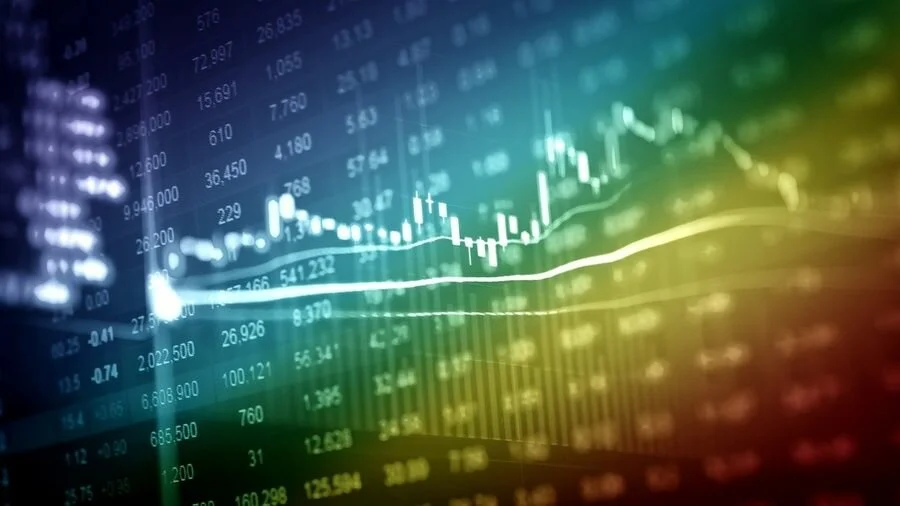Futures – derivative financial instruments, obliging participants to make transactions with the asset at a predetermined date and price in the future. The purchase or sale of the underlying asset must be made at the approved price, regardless of the real market value as of the expiration date of the contract.

Underlying assets may consist of physical goods or other financial instruments. Futures contracts contain a detailed description of the composition of the underlying asset and have a standard for simplifying trading on the futures exchange.. Futures can be used for hedging or trading speculation.
In the futures markets, usually, high leverage is applied, which means, that the trader does not need to make a deposit 100% the value of the contract when making a transaction. Instead of this broker ask for part of the amount, including part of the total contract value.
Exchange, on which futures contracts are traded, will install, whether the contract is designed for physical delivery or whether cash settlement is likely. Corporations can enter into physical supply contracts, to fix – Hedge – price of goods, necessary for production. However, most futures contracts come from traders., speculating on this transaction. Such contracts are closed or interchangeable., and the difference between the original transaction and the closing price of the transaction is cash settlement.
When using futures to hedge the price movement of the underlying asset, the purpose, on the contrary, is to prevent losses from possible adverse price fluctuations, not speculation.



